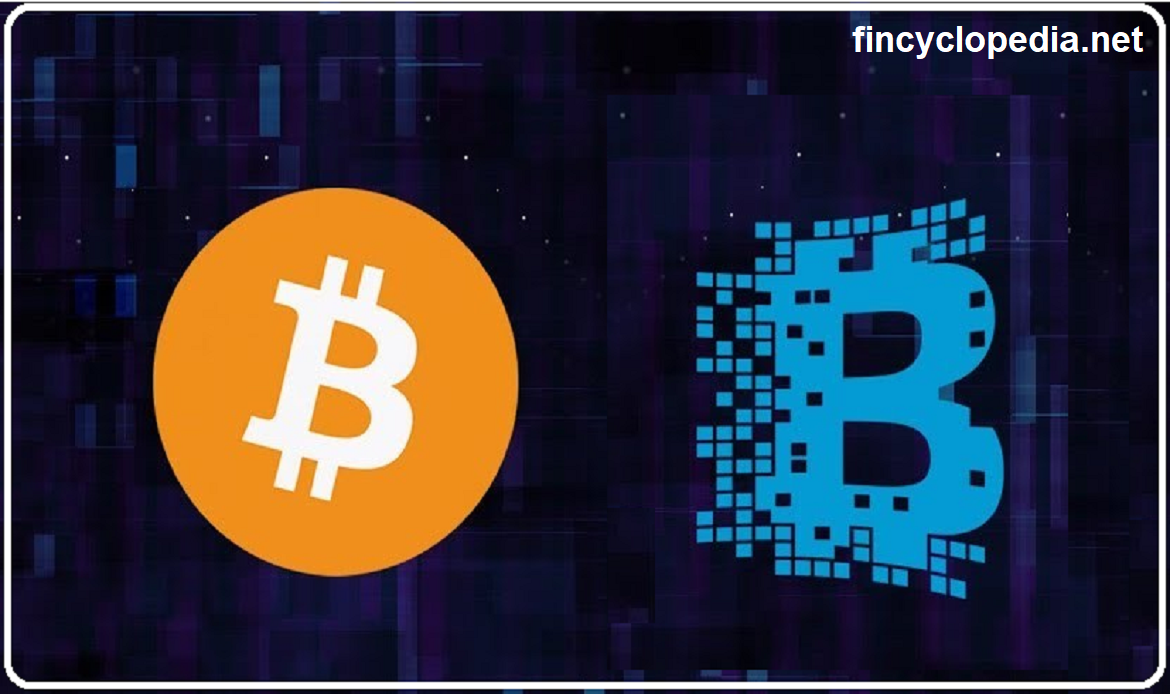A forward (or advance contract/ forward contract) is an over-the-counter (OTC) contract that obliges its holder to buy or sell a specific asset for a predetermined delivery price at a specified date in the future. This is in contrast to a spot contract in which the two parties agree to buy or sell an asset immediately. The buyer of the asset assumes a long position, while the seller takes on a short position.
A futures (futures contract) is an exchange-traded contract (and a derivative) whereby the holder is under obligation to buy or sell a specific asset (security or commodity) for a predetermined delivery price at a specified date in the future. Most of futures contracts don’t end up with delivery because most traders prefer to close out their positions before delivery dates. Closing out a futures position implies entering into an opposite futures position. However, the possibility of actual delivery is what relates the futures price to the spot price. Futures contracts, like forward contracts, are only promises to purchase or sell a commodity. The futures trader, regardless of his/ her intention as to the underlying commodity, is obligated to deliver or take delivery until the position is closed out by an offsetting position. Futures contracts are settled daily using margin accounts.
The main differences between the two types of derivatives are:
- Exchange-tradability: futures trade on organized exchanges, while forward contracts are bilaterally negotiated (over the counter) between the parties.
- Standardization: futures are standard contracts, where specifications and conditions are set by exchanges, while forward contracts are customizable and the parties are at liberty to set their own specifications and conditions without reference to an exchange. For example, contract sizes and expiration dates, for futures, are set by exchanges, while for forward contracts, the parties bilaterally agree on such specifications.
- Initial payment (margin): futures trade subject to initial payment of a margin (initial margin) and maintenance of a minimum amount of margin subsequently (maintenance margin), while forward contracts do not require such a payment or maintenance of a margin. In other words, futures are marked to market, while forward contracts are not.
- Settlement: futures prices are settled on a daily basis until the expiration of the contract, with settlement being either in cash (cash settlement) or by physical delivery (physical settlement), while forward contracts are not settled in cash, but rather by actual delivery.
- Counterparty risk: in futures, and thanks to the margining mechanism, it is very low, if any. For forward contracts, it is very high, as not intermediary is involved for ensuring smooth and risk-free performance.
- Transaction method: futures are quoted and traded on exchanges, while forward contracts are negotiated directly between the parties.




